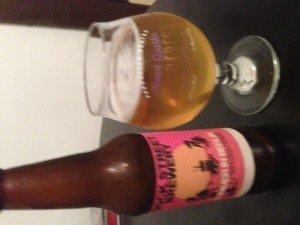Feel free to google translate at your leisure this witty, creative, and only relevant to this forthcoming discourse, title.
For those acquainted with my work, a fusion of several different ideas into one cohesive process is familiar. For those unfamiliar, I sincerely hope that the binding dialogue involving three, seemingly unrelating items, will not come across as acutely jarring.
By now, assuredly, maybe assumedly to my fault, you have researched the headline and have found it markedly curious.
Why would he write this in German?
This doesn’t make any sense!
It sounds weirdly familiar, but I don’t think the words match up correctly?
Ok, good. Just relax, and quell the interogatives. Listen to this please.
This song is, of course, well ingrained in most of the populous. For myself though, this Otis Redding song is the penultimate achievement.
https://www.youtube.com/watch?v=RjISISGyz1A
Now that you’ve taken the time to assimilate a bit of solace, I’d like to guide you towards an explanation of the final two elements in the tri-fold conundrum.
Dock Street Brewing – Summer in Berlin – While I have never witnessed a bay adjacent to Dock Street brewing, I have enjoyed many of their brews. Highlights of their lineup include Price Myshkin Imperial Stout and Man Full of Trouble Porter. When presented with an opportunity to try a recently discovered, personal favorite style, now offered from Dock Street, I became most excited. The Berliner Weisse style originates in Germany, and up to a year or a year and a half ago, was a style of which I was very unfamiliar. The style is typically that of a low alcohol, cloudy, sour tinged, white beer, most often brewed with wheat. While there are purportedly rather restrictive ideas regarding the exact appropriation of the Berliner Weisse moniker, I must assume this designation may migrate with the expansive geographic brewing of beer styles. Once, the designation of lambic could only be applied to spontaneously fermented beers from certain locations in europe. Now the term lambic is applied liberally to many open and spontaneously fermented beverages. Therefore, when a brewery makes efforts to emulate a style, traditionally of Germany, I’m less concerned about the origin of the idea, and rather, whether the beer meets my expectations of that style. The label indicates a lemongrass and ginger element to this brew, and while I can acknowledge a ginger scent, I fail to discern the lemongrass. Sweet wheat notes do abound as well as a light sour smell that is expected. The carbonation is minimal, and honestly a little disappointing. I would expect a bit more mouthfeel from this one. The color is a gorgeously translucent, golden-hay , which captures all the essential visual qualities of summer. If I were sitting on the dock of the bay, with this berliner weisse, and had no spectacular vocalist to accent my mood, I would shrug my shoulders and sip languidly, and I would be fairly disappointed. 4/10
Humbly yours,
J
